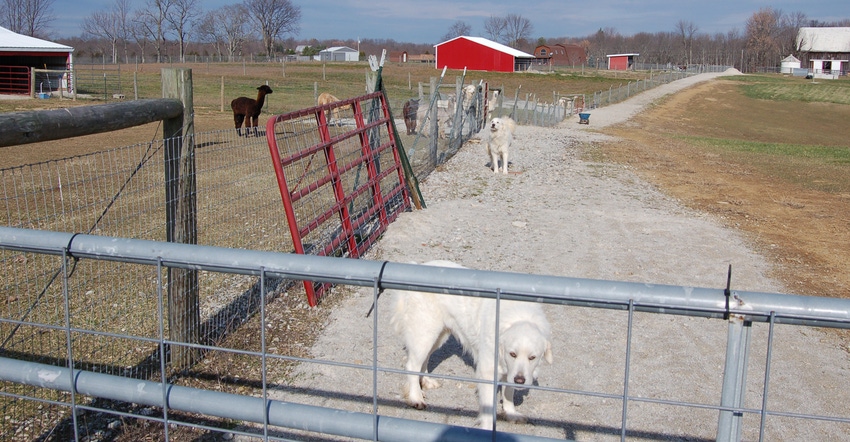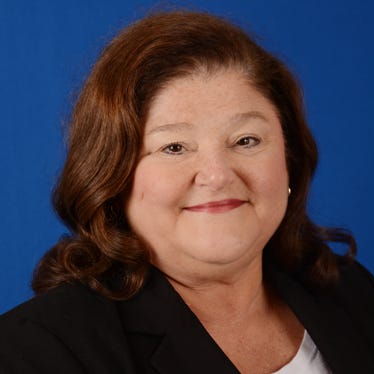January 4, 2018

The 2018 session of the Indiana General Assembly is a short one, and budget matters won’t be in play. However, that doesn’t mean what happens in Indianapolis won’t affect you. Indiana Farm Bureau legislative specialists will watch and work with legislators on several key issues. They urge you to do the same.
Keeping a watchful eye on these issues for IFB members will be Katrina Hall, director of public policy; Justin Schneider, director of state government relations; and Shelby Swain, associate policy adviser.
“We base our legislative priorities on policies our members pass,” Hall says. “Even though the Legislature won’t be looking at budgeting, there are several key issues which could affect agriculture. Our goal is to make sure members’ voices are heard.”
 TOP PRIORITIES: Indiana Farm Bureau has priorities for this legislative session based on policies set by members, Katrina Hall says.
TOP PRIORITIES: Indiana Farm Bureau has priorities for this legislative session based on policies set by members, Katrina Hall says.

Here is IFB’s rundown of top ag issues:
• Protect livestock farmers and their operations. A bill proposed in 2017 to tweak the statute for how the Indiana Department of Environmental Management regulates concentrated animal feeding operations resulted in unexpected controversy and turned into a summer study committee.
“We’re not planning on proposing legislation on livestock issues,” Schneider says. “However, if legislation is introduced which could negatively affect livestock producers, we will act accordingly.”
• Extend rural broadband to the last mile. “Rural areas need to be connected to the internet just like everywhere else,” Hall says. “Technology is moving quickly, and we can’t handle the massive amounts of data which are coming with the infrastructure existing in many rural areas today. If you live outside a large population center where providing this service is more profitable, you likely don’t have fast, reliable internet choices.”
Schneider likens it to the 1930s when farmers were last to get electricity. Whether it’s through low-interest loans, grants or some other solution, rural areas need help providing this infrastructure, he says. “One challenge is just getting legislators to realize that it’s a problem,” Schneider notes. “Some think it’s already been resolved, but it hasn’t. Capital investment is needed to help complete infrastructure where the free market doesn’t see it as a profitable investment.”
• Eliminate food deserts. “If you have to go more than 10 miles to find quality fresh fruits and vegetables, you live in a food desert,” Swain says.
The exit of Marsh Supermarkets in 2017 helped bring the issue to the forefront. Swain sees it as an opportunity for farmers to supply food as a niche market. Extension efforts in Hamilton County are already proving that if someone provides the food outlet, people will respond.
Some look to the Legislature for grants or loans to help people and businesses that want to meet these needs get started. “There are food deserts in Marion County,” Swain says. “This is an area where both rural and urban legislators can work together.”
• Tweak annexation issues. Rural property owners gained more clout to help defend themselves against annexation a couple of years ago, Swain says. However, loopholes still need to be fixed in that statute, she says. One relates to making sure waiver of the right to oppose annexation is enforced consistently. The other is the need to close an economic development loophole that could be used to enable annexation unfairly.
• Adjust tax assessment procedures. Some IFB members report personal property assessment rules aren’t being applied consistently across the state, Hall says. Others claim property tax audits aren’t always confidential.
“We will urge the Legislature to make these assessments consistent and confidential,” Hall says.
Comments? Email [email protected].
You May Also Like




